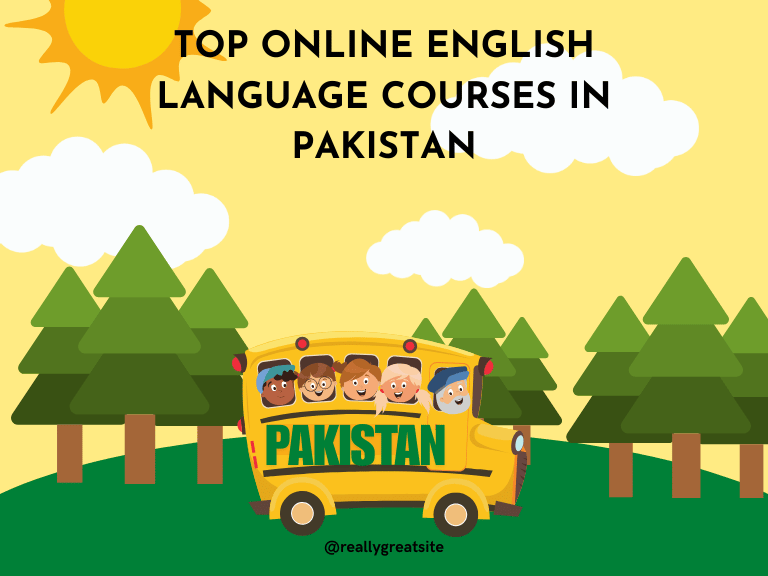Balochi Language Translation: Challenges, Tools, and Opportunities

The Balochi language, a member of the Northwestern Iranian language group, holds immense cultural and historical importance for millions of people, particularly those in Pakistan, Iran, Afghanistan, and parts of the Middle East. As the mother tongue of the Baloch people, it represents a unique linguistic heritage rich in poetry, folklore, and oral traditions. Today, with the growing need for multilingual communication in business, education, and media, Balochi language translation has become an important service, bridging language barriers and preserving cultural identity.
Despite its significance, translating Balochi presents unique challenges due to the language’s complexity, limited standardization, and scarcity of advanced translation tools. This article explores the current tools and services available for Balochi translation, the challenges faced, and the opportunities for businesses and individuals seeking to connect with Balochi-speaking communities.
Popular Translation Tools and Services for Balochi Language
Although translation resources for widely spoken languages are plentiful, Balochi lacks the same degree of digital and technological support. However, there are still several tools and services that can aid in translating Balochi for both personal and professional needs.
1. Google Translate (Limited Balochi Support)
- While Google Translate doesn’t offer comprehensive support for Balochi, some workarounds and community-driven projects are emerging to provide basic translations. Users can translate Balochi phrases into other supported languages through intermediary languages, though accuracy may vary.
2. Manual Translation Services
- Professional Translators: Hiring a professional translator who is fluent in Balochi can provide the most accurate and culturally sensitive results. Many freelance translators specialize in regional languages, including Balochi, and can offer translation services for official documents, personal communications, and business materials.
- Translation Agencies: Language service providers often have translators for less common languages, including Balochi. Some agencies may be able to translate directly or through a network of translators fluent in Balochi and other major languages like Urdu and English.
3. Community-Driven Projects and Translation Apps
- Crowdsourced Language Platforms: Platforms like Tulu or Apertium, which support community-led translations for underrepresented languages, occasionally feature Balochi resources. Though not as extensive as other languages, these platforms allow native speakers to contribute and validate translations, improving resources over time.
- Mobile Translation Apps: Some translation apps support user input for language extensions. As community input grows, Balochi may gain increased support in these apps, offering a convenient way for people to translate everyday phrases.
4. Language Learning and Translation Tools for Basic Communication
- For individuals looking to learn basic Balochi vocabulary or simple translations, language learning apps like Memrise or HelloTalk can connect learners with native speakers. This method provides a more conversational approach, especially useful for informal communication.
Challenges in Translating the Balochi Language
Translating Balochi poses several challenges due to its linguistic characteristics, limited standardization, and cultural nuances. Here’s a look at some of the primary challenges:
- Dialects and Variations: Balochi is spoken in multiple dialects, including Western Balochi, Southern Balochi, and Eastern Balochi. These dialects vary significantly in vocabulary, pronunciation, and grammar, making it difficult to establish a standard translation system that fits all variations. Translators often need to identify the specific dialect to ensure accurate and culturally appropriate translation.
- Limited Digital Resources: Unlike major languages, Balochi lacks comprehensive dictionaries, thesauruses, and other digital language tools, limiting the availability of automated translation options. This scarcity of resources means that human translation is often the only reliable method, which can be costly and time-consuming.
- Cultural Context and Idiomatic Expressions: Balochi is rich in idioms, metaphors, and cultural references. A direct translation often fails to capture the nuances of these expressions, leading to misinterpretations. Skilled translators must possess an in-depth understanding of Balochi culture to accurately translate phrases and retain their original meaning.
- Writing System and Orthographic Differences: The Balochi language is written in several scripts, including Arabic and Latin-based systems. This diversity adds complexity, as translators must be proficient in the specific writing system used by the target audience. Furthermore, the limited use of a standard orthography leads to inconsistencies in written texts, complicating translation efforts.
Opportunities in Balochi Language Translation
Despite these challenges, there are growing opportunities for Balochi translation in various sectors. Here’s how businesses, educators, and individuals can benefit from the translation of Balochi:
1. Business and Marketing
- As Balochi-speaking communities engage more with global markets, companies have an opportunity to reach this audience by translating marketing materials, product information, and customer service resources into Balochi. By connecting with consumers in their native language, brands can enhance trust and customer loyalty, opening doors to new markets in Pakistan, Iran, and the Middle East.
2. Education and E-Learning
- For educators and language advocates, creating Balochi content for e-learning platforms can help preserve the language and promote its use among younger generations. Educational resources in Balochi can aid in teaching the language and its cultural heritage, fostering a greater understanding of Balochi literature, poetry, and history.
3. Government and Social Services
- Government agencies and non-profit organizations can utilize Balochi translations to improve access to public information, healthcare services, and legal resources for Balochi-speaking communities. Providing information in Balochi enables these communities to access services more effectively and promotes inclusion in social and political processes.
4. Media and Entertainment
- With the rise of regional cinema, music, and online content, translating media into Balochi or adding Balochi subtitles can expand its reach and impact. Documentaries, films, and news in Balochi connect Baloch communities worldwide, offering them a voice and platform to share their stories and cultural experiences.
5. Tourism and Cultural Exchange
- Tour operators, museums, and cultural organizations can benefit from translating informational content into Balochi to welcome Balochi-speaking tourists. By providing guides, brochures, and audio tours in Balochi, these organizations can create a more inclusive and enriching experience for visitors from Baloch regions.
Conclusion
While Balochi language translation presents unique challenges due to dialectal diversity, limited digital resources, and cultural nuances, there are several tools and services available to help. From manual translators to community-driven projects, options are growing to meet the demand for Balochi translation in sectors like business, education, media, and tourism.
As globalization brings cultures closer, the need for Balochi language translation will continue to grow, offering new opportunities for businesses, educators, and content creators to connect with Balochi-speaking communities. By investing in accurate, culturally sensitive translation, we can celebrate and preserve the Balochi language while enhancing communication across regions and cultures.




